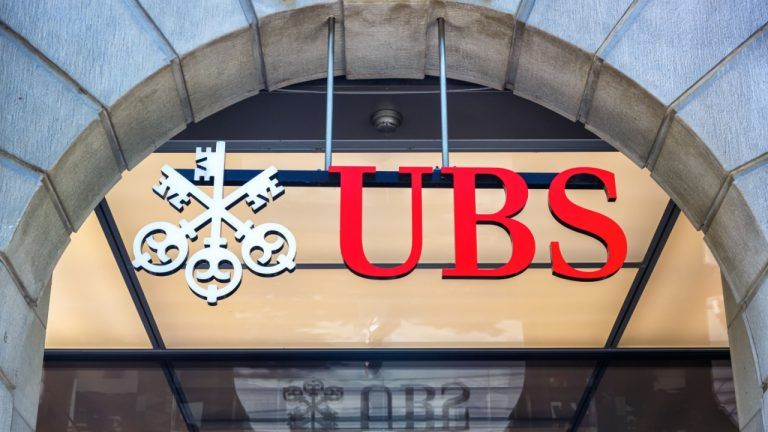The best and easiest way is to enter into an online car auction, where many individuals can buy repairable and used cars at a fraction of the actual or resale value. Platforms like Online car auctions | repairable & used cars – AbetterBid offer buyers a wide selection of vehicles with potential for high returns, making car investments more accessible than ever.
A Short Drive Through the Evolution of Car BuyingFor decades, buying a car followed a predictable route: visit the dealership, haggle for hours, secure a loan, and drive away. Then came the internet. With online platforms revolutionizing the marketplace, consumers gained access to thousands of listings, remote transactions, and digital paperwork. Today, the next disruption is digital currency.
Blockchain-based assets are reshaping not just how we pay, but how we think about ownership, transparency, and trust. Decentralized finance (DeFi) is rewriting rules long dictated by banks. In this changing environment, vehicle sales aren’t immune.
Can You Really Buy a Car with Crypto?Yes. Several dealerships, both independent and franchise-affiliated, accept cryptocurrency as a form of payment. In the U.S., dealerships in states like California, Florida, and Texas are among the early adopters. Tesla briefly accepted Bitcoin for vehicle purchases in 2021, highlighting the growing interest, even if the program was later paused.
Online car marketplaces, especially auction-based ones, have also begun to experiment with crypto transactions. Some platforms allow buyers to use digital wallets to place bids or pay for winning auctions. Others convert cryptocurrency into fiat in real-time to reduce volatility risks.
Why Buyers Choose Crypto for Car PurchasesCryptocurrency isn’t just a trend—for many, it’s a lifestyle. Enthusiasts appreciate the privacy, speed, and borderless nature of crypto transactions. Here are some of the key motivations:
Speed and efficiency: No banks, no waiting periods, no paperwork delays. Lower transaction fees: Especially for international buyers, crypto reduces conversion costs. Anonymity and security: Transactions are secured through blockchain encryption. Access to global markets: Buyers in countries with currency restrictions can bypass limitations.A digital wallet can unlock access to inventory that would otherwise be off-limits.
The Risks and RealitiesBuying a car with crypto isn’t without its challenges. Volatility remains the biggest hurdle. While the Bitcoin price is around $82,000 today, it could be worth $72,000 tomorrow. This instability introduces risk for both buyer and seller.
Then there are regulatory concerns. Tax implications vary by country, and crypto used for purchases may trigger capital gains taxes. Additionally, not every platform is equipped to handle these transactions securely or transparently.
Buyers should look for:
Smart contracts that protect both parties Escrow services integrated with blockchain Dealers who issue receipts in fiat equivalent Clear refund and dispute resolution processes Crypto and the Future of Auto AuctionsAuction platforms are well-positioned to lead the crypto revolution in the auto industry. With digital-first infrastructures, they can easily incorporate blockchain tools. Some are already exploring:
Token-based bidding systems Smart contracts for faster settlement Vehicle history tracking through blockchain ledgersSites like AbetterBid are paving the way by blending transparency, innovation, and global accessibility.
A Case from the RoadConsider Daniel, a crypto investor from Argentina. Currency restrictions at home made it difficult to purchase foreign assets. But his Ethereum holdings gave him access to online auto auctions. Within weeks, he’d secured a used Tesla Model 3 from a U.S.-based platform that accepted crypto payments. The vehicle shipped via freight and was delivered to Buenos Aires. For Daniel, crypto wasn’t just currency—it was mobility.
Regulation and Legal FrameworkGovernments are catching up to crypto, slowly drafting policies that address its integration into commerce. In the U.S., the IRS classifies cryptocurrency as property. This means using it to buy a car may require capital gains reporting.
In countries like El Salvador, where Bitcoin is legal tender, auto sales through crypto are treated as standard transactions. Meanwhile, in places with tighter regulations, platforms often use third-party exchanges to convert crypto to fiat instantly.
Buyers should research local laws and consult financial advisors to ensure compliance.
Crypto + Cars: The Next ChapterAs both automotive and financial industries digitize, the overlap becomes inevitable. From NFT-linked vehicle titles to smart dashboards connected to crypto wallets, the future is unfolding rapidly.
Electric vehicles (EVs), for instance, often attract tech-savvy, eco-conscious buyers who also tend to invest in crypto. Merging these interests, companies are exploring bundled services—charging credits paid in crypto, subscription-based ownership models, and blockchain-based warranties.
Conclusion: Crypto Isn’t Coming, It’s Already HereThe question isn’t whether you can buy a car with cryptocurrency—it’s how soon until everyone does. The process already exists, the infrastructure is expanding, and buyer interest is growing.
As technology redefines trust, identity, and ownership, cars paid for with crypto may become more than purchases. They may become symbols of a new era in global freedom and digital empowerment.
This is a sponsored article.














